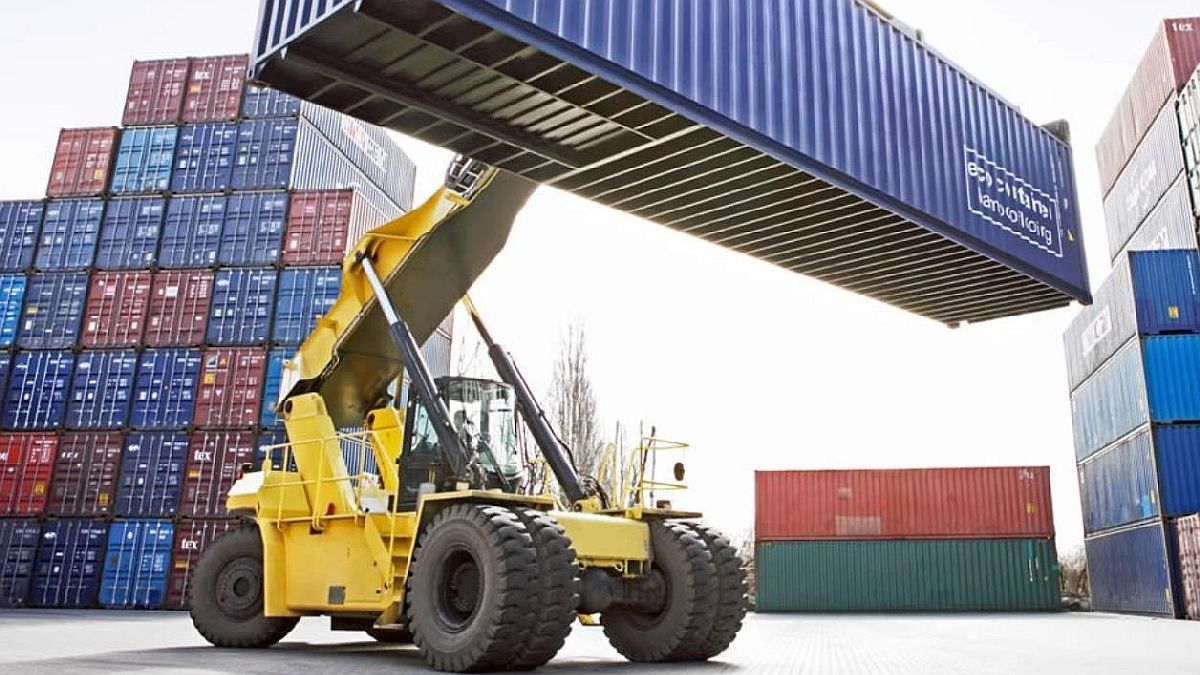From the Central Bank they indicated that it will only be for inputs used in the production of goods in the country. “We are going to support the production process, the measures are to adjust the regulation and avoid undesired effects”, said an official source. From the Ministry of Economy they explained the objective: “Actions were decided to improve the conditions of access to the foreign exchange market for the payment of imports of inputs for strategic sectors, and thus guarantee the continuity of different productive processes.”
This was one of the main claims of the business sector. “Whenever measures of this type come out, they have a final article that says that merchandise shipped or with an open letter of credit or with an execution principle as an advance payment is excepted. This time that exception had not been made,” said a source from the Chamber of Commerce (CAC). “Companies were going to face a number of important conflicts”, he added. From a technology company in Tierra del Fuego they reported that if this measure was not taken they were heading for a “commercial default” or an “imminent brake on production.” The dialogues between the companies and the unions in Tierra del Fuego migrated from how to deal with the acceleration of inflation to what regime to apply in the event of suspensions due to paralysis in production.
From the SME entity ENAC (Association of Entrepreneurs for Development) they released a statement with the title: “ACHIEVEMENT-enable payment of supplies that were in transit”. The text ensures that they carried out “intense efforts on behalf of the affected SME industries.” The statement, which details the resolution of the Central Bank, adds: “The measure that orders industrial imports occurs within the framework of a difficult situation, in the face of the shortage of dollars.”
Since the resolution of the Central Bank came out, there have been moments of maximum activity between the business chambers, with daily contacts, and with the Government. Last week, a conclave was held between more than 25 SME chambers at the Scala hotel, in the heart of downtown Buenos Aires. The measurement of imports implies concern about prices, as to what the “replacement dollar” will be for imported goods, and the impact on inflation and consumption for the second semester. But, above all, in the face of uncertainty if there will be inputs to produce. “We complain about the problems, but we are conservative in asking for changes,” said an SME businessman from the textile sector. They analyze from requesting changes in the law of financial entities, to the foreign exchange emergency, to give the Central Bank greater firepower, they said.
In addition, today another concern is the companies that have a “quota” to be able to import, but are unable to do so, due to what they call a “validating traffic light”. The red light occurs for two reasons: on the one hand, because there are companies that used the 20% flexibility to import that the March measure allowed them, but that ceased to apply with the June changes. On the other, because it is used to check the quota of values on an FOB basis. “But if we buy with cost, insurance and freight (CIF), the value is higher than the FOB, it is computed as payment of the accrued month, which explains the reason for the large number of rebounds ”they told from the CAC.
Despite the resolution, from the SME chambers they stated that the greatest concern continues to be for “what will happen to imports from June 27”. From the Government they ratify that the measure will end in September, when the record demand for energy decreases. However, from the CAC they fear that it could be postponed. Sources from the Argentine Industrial Union (UIA) hope that the swap with Brazil for the payment of imports can come out soon. All options are on the table, considers the Government. Even from a study center they took the Minister of Productive Development, Daniel Scioli, the proposal of a “swap” with the Federal Reserve of the United States.
Source: Ambito
David William is a talented author who has made a name for himself in the world of writing. He is a professional author who writes on a wide range of topics, from general interest to opinion news. David is currently working as a writer at 24 hours worlds where he brings his unique perspective and in-depth research to his articles, making them both informative and engaging.




